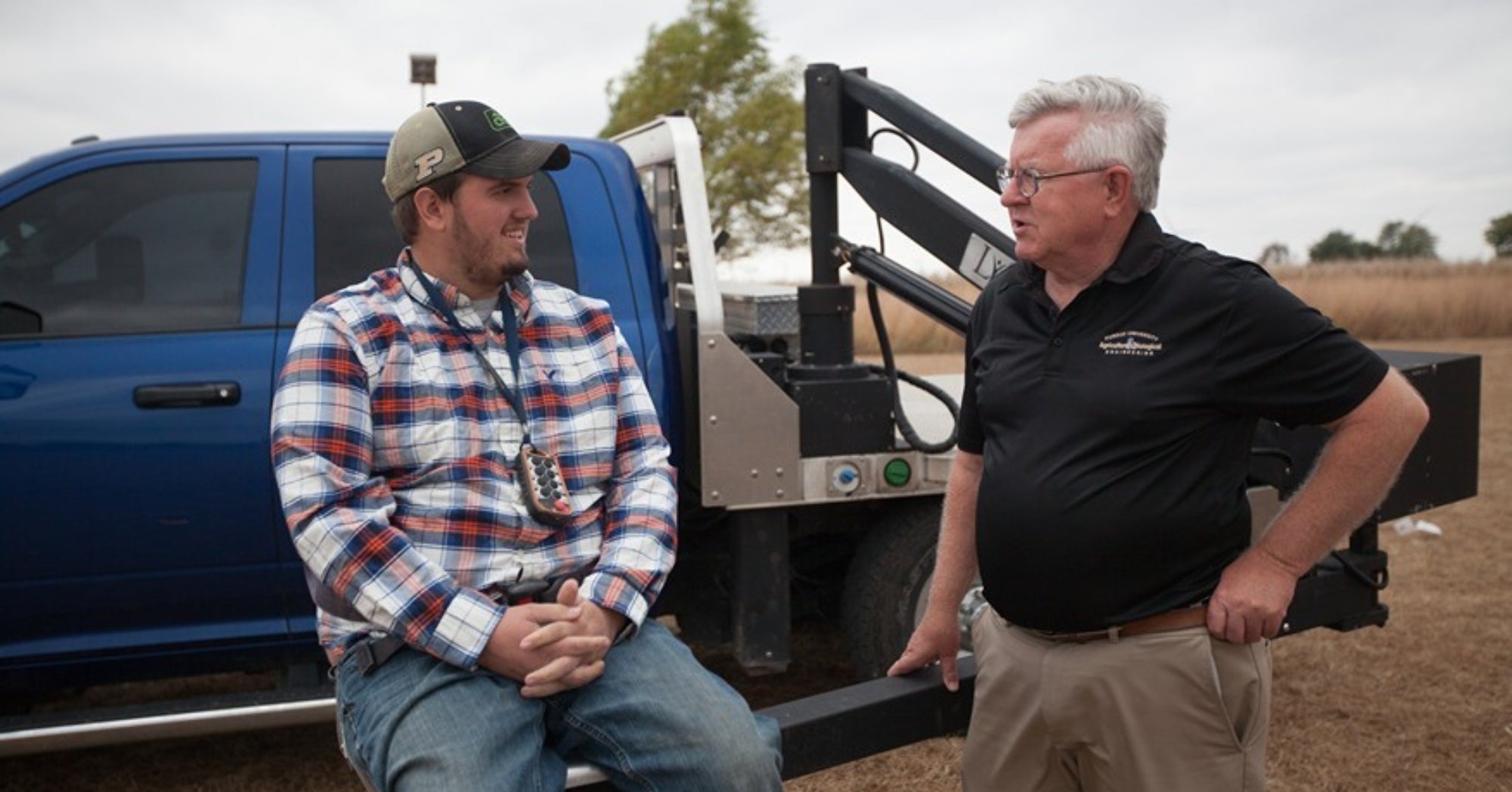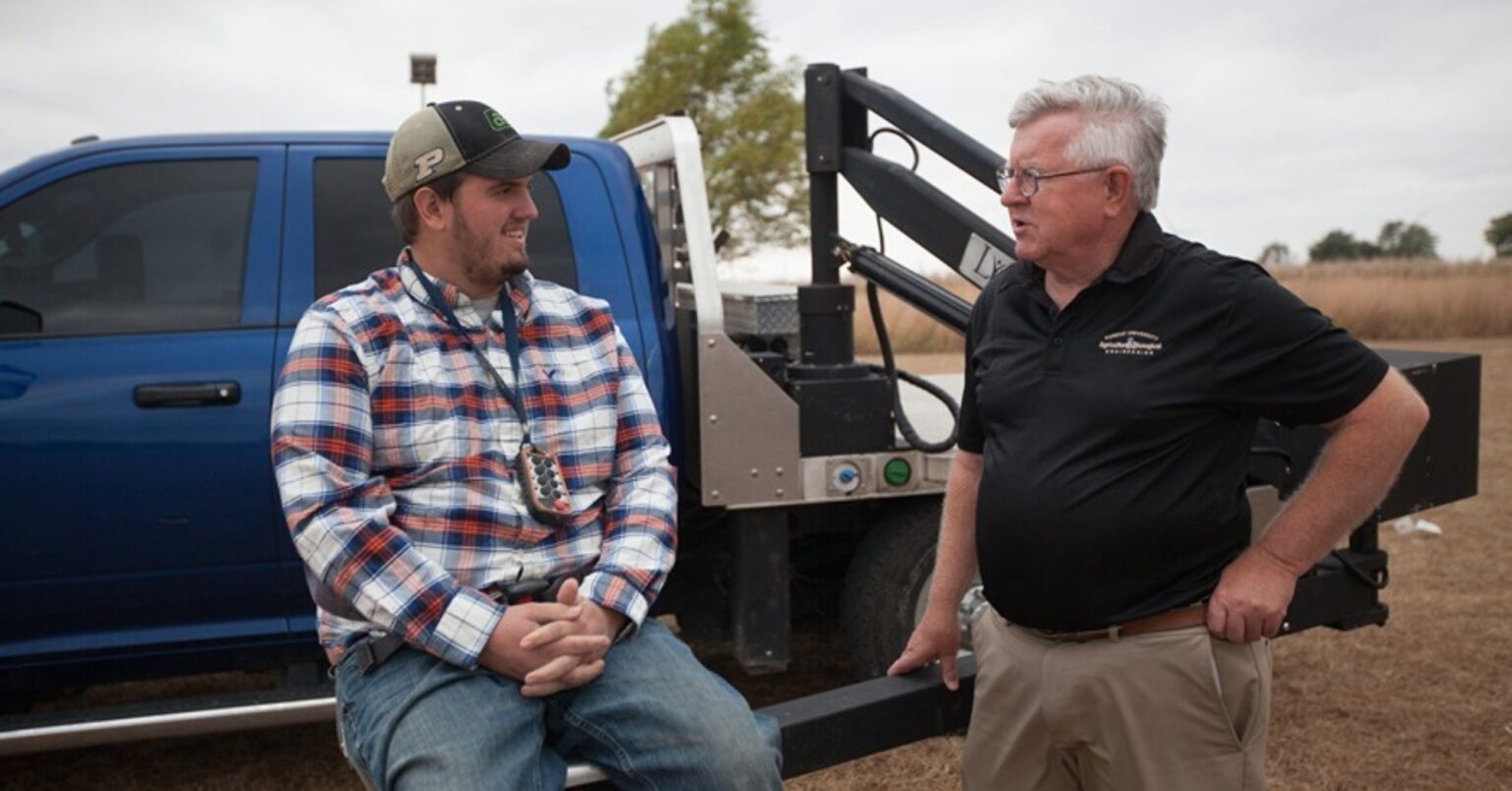The U.S. Department of Agriculture’s AgrAbility Program, led by the National AgrAbility Project and housed at Purdue University’s Breaking New Ground Resource Center in the Department of Agricultural and Biological Engineering, is among those named in the first-ever Forbes Accessibility 100 list.
The list includes the top global impact-makers in accessibility-related fields like communication, mobility, education, software, consumer products, robotics, sports and recreation, travel, the workplace, and the arts.
AgrAbility’s mission is to enhance quality of life for farmers, ranchers, and other agricultural workers with disabilities so that they, their families, and their communities continue to succeed in rural America. Currently, AgrAbility supports projects in 21 states, plus the National AgrAbility Project.
“Accessibility is a fascinating space that has never been captured like this before,” said Alan Schwarz, Forbes assistant managing editor who spearheaded the project. “There are lone innovators, juggernaut tech companies, startups. They are revolutionizing how people get around, learn, communicate, work, play sports, travel, and so much more. Their impact on people’s lives is monumental — and will only be getting more so soon.”
Paul Jones, manager of the National AgrAbility Project, is thankful for Forbes’ recognition of AgrAbility.
“As AgrAbility staff members, we witness firsthand the positive impact our program has on the lives of agricultural workers with disabilities,” Jones said. “Being included on the Forbes Accessibility 100 is an affirmation that such impact is also recognized on a global stage. It is a tremendous honor that validates our mission and motivates us to continue providing our core services, like on-farm assessments, while exploring new ways to expand our reach and innovation.”

This week, the National AgrAbility Project also announced the release of a new Plowshares Technical Report titled The Accessible Farm Shop: Usable and Efficient. This 20-page publication serves as a comprehensive guide for improving accessibility and functionality in farm shop environments, making agricultural workspaces more inclusive and productive for people of all abilities.
The document covers a wide range of critical topics that influence both usability and safety in a farm shop. These include the shop’s location, structure, and flooring, as well as utilities like water supply, drainage, heating, cooling, and ventilation. Additionally, it dives into practical infrastructure considerations such as overhead cranes, service pits, lighting, and the thoughtful organization of tools and workspaces. The inclusion of accessible office and breakroom areas reflects the authors’ holistic approach to designing a farm shop that supports both physical labor and administrative tasks.


